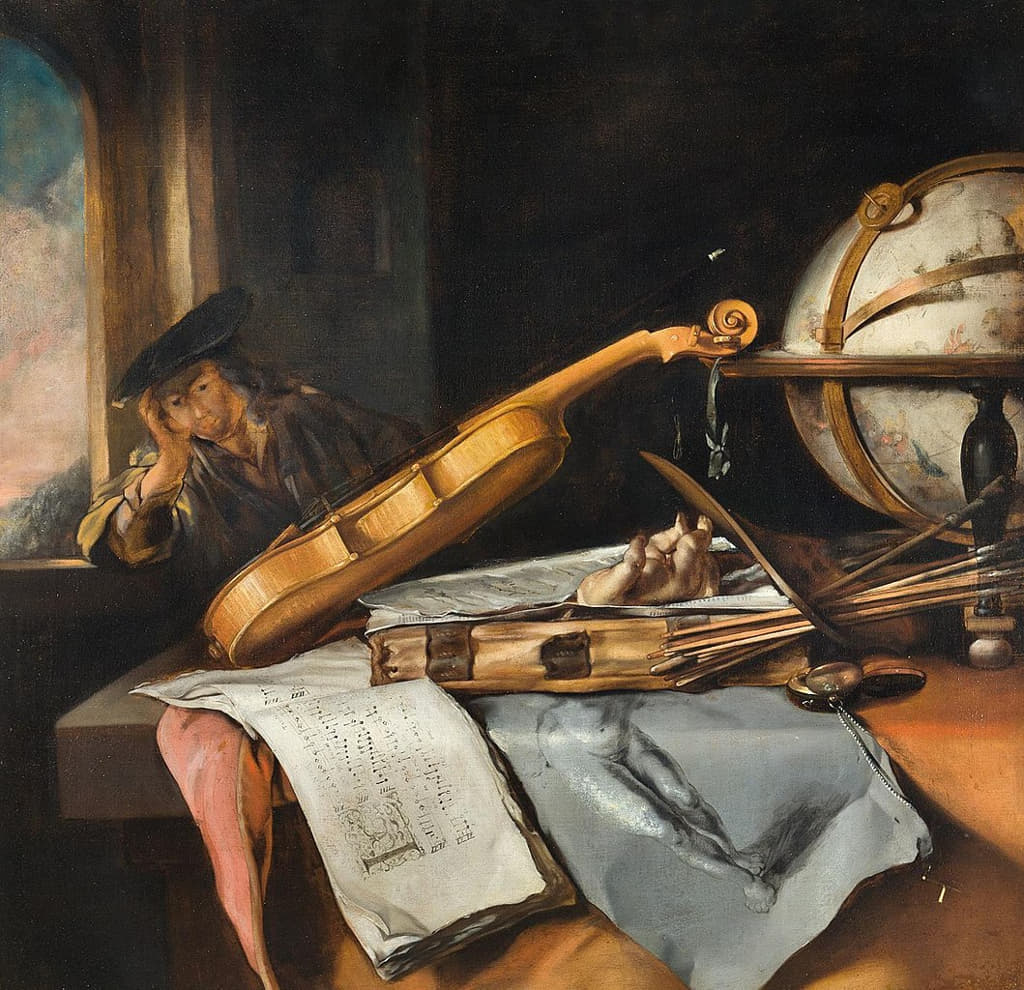For more than a century, since the First World War, authors, notably Spengler and Toynbee, have announced the decadence of the West. Spengler shows that civilizations, like living organisms, are vitally destined, after birth, growth and aging, for death. According to Spengler’s historical morphology, the Faustian civilization, which is the result of the imperialist excess of techno-science and of the delirious, satanic and omnipotent will to despise and dominate nature, is the flagrant symptom of the sclerosing crystallization of culture into civilization, of the turning against itself of the vital will.
According to the historical paradigm of Toynbee, decadence has for symptom, beyond the debilitation of the elites, unable to take up the big challenges of their time, the sleep of a glorious civilization resting on its laurels before the external proletariat comes to deliver it the coup-de-grâce.
All this was neatly conceptualized and announced. The decline of the West was certainly particularly slow, no doubt in proportion to the glory and prosperity of the West itself, but its inevitability did not further need to be demonstrated.
Moreover, one of the symptoms of the decadence, according to Toynbee, is psychic and social disintegration, giving rise to the subjective illusion of the universal. This illusory universality is double. It is at the same time political and religious. It is on the one hand the elaboration, by the elites who lost their authority and their charismatic force of drive, of a totalitarian universal State aiming at maintaining, by the force of institutions and fear, and not any more by creative genius, the social order. It is on the other hand the elaboration, by the insider proletariat, of a universal religion whose spirituality is foreign to civilization. These two illusory universalities are the ultimate symptoms, before the final destruction coming from outside, of the decadence.
Two contemporary books describe the process of totalitarian sclerosis from which modern Western states are already suffering. In the novel Le Réveil (Awakening), Laurent Gounelle draws an analogy between the dictatorial management of the pandemic on the one hand and American propaganda during the Great War and communist totalitarianism on the other. In his book, Post-modernisme et néo-fascisation: le grand retournement (Post-Modernism and Neo-Fascism: The Great Reversal), Gilles Mayné establishes, using the study by the philologist Klemperer of the rhetorical procedures specific to Nazi discourse, an analogy between Hitler’s “phagocytage” of opposing ideologies, including Christian ideology, and the ideological “blurring” specific to Macron’s “at the same time.” Mayné thus shows that, beyond the antithetical character of the Macrono-post-modernist and Hitler-Nazi ideologies, the ideal of openness of the former opposing that of closure of the latter, it is the same totalitarian process that is at work. This process is still what is now called triangulation; that is to say the systematic and silly amalgamation, in political rhetoric, of references and ideas proper to the adversary, the refusal of a clear and assumed democratic combat.
Today, it is not only the simple ageing, but it is now the death of the West that is taking place, before our eyes. The Muslim insider proletariat is making a foreign Islamic spirituality flourish in the Christian West. The European states are borrowing from the totalitarian states of the world the mode of institutional domination through fear and intimidation.
Beyond these two symptoms of death foretold, even before the destructive invasion of the African foreign proletariat, two other symptoms of civilizational death are already working on us and destroying us in depth. On the one hand, it is the totalitarian ecological ideology which, allied to the ideology of the deconstruction of authorities and of minority victimization, aims very clearly at the self-destruction of Western traditions. On the other hand, it is the economic and financial imperialism of China which, allied to the great capitalists of the world, has programmed the pauperization of the Western middle classes, the dynamic and global displacement of wealth having led to the prosperity of the new Eastern middle classes.
The agony of the West has arrived. In a world where Christianity hardly prospers any more than in South America, we are condemned to wait, in Europe, for our eventual salvation from Providence alone.
Patrice Guillamaud is a philosopher. His latest books include Le divin et l’Etat, essai d’ousiologie théologico-politique sur la co-existence (The Divine and the State, an essay of theological-political ousiology on co-existence), and La Nation, pour une définition philosophique (The Nation, for a philosophical definition). He has been working for many years on a new philosophical science, “usiology.” This article appears through the kind courtesy of La Nef.
Featured: Vanitas Stilleven met denken jonge man (Vanitas Still-life with Thinking Young Man) by Samuel van Hoogstraten; painted ca. mid-1640s.
